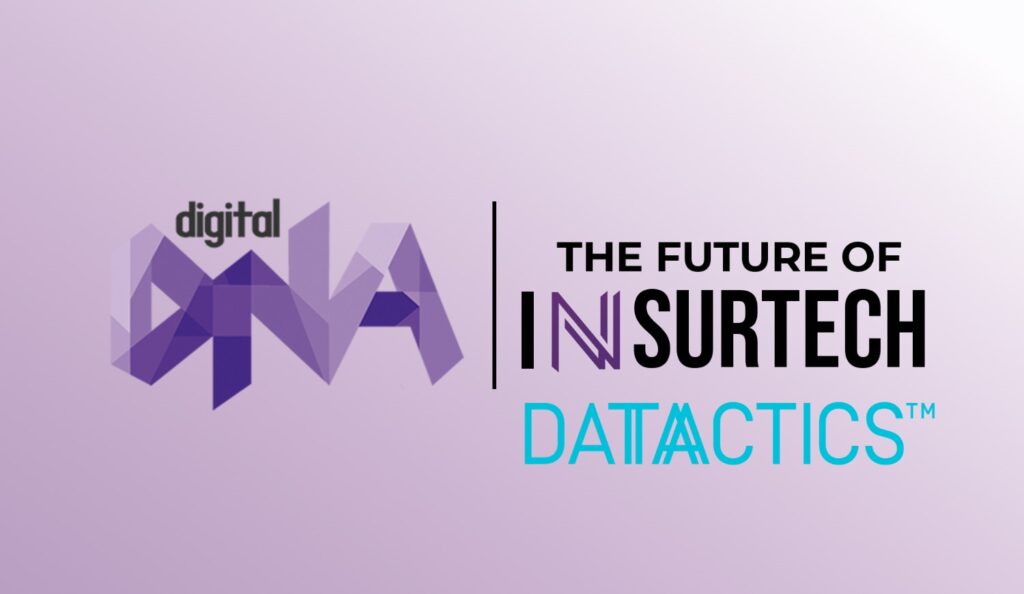
Jamie Gordon attended Digital DNA’s Future of InsurTech event on 28th April. Here, he reflects on the biggest developments InsurTech is making to the Insurance industry, as well as some age-old challenges still to be faced.
Recent advancements across technology have vastly transformed many traditional industries. Much like banking and financial services, the insurance industry is being disrupted by traditional companies and start-ups alike. With large investments into the sector, consumers are now able to access new and more efficient products, in many cases offering better choice, speed and value for money.
The Digital DNA event ‘The Future of InsurTech’ featured technology leaders and companies from across the world, discussing the impact of the InsurTech industry and how it is continually evolving and innovating to adapt to the changing world around us.
I have to say, I thought the event was brilliant. The speakers unpacked which innovations are the most exciting within InsurTech including:
- Predictive analytics,
- Correct policy,
- Smart use of data,
- The need to improve the purchase process,
- Why it’s no longer a case of one size fitting all and
- How AI can’t replace humans within Insurance.
A standout presentation for me was centred around what the future for InsurTech looks like, exploring which regulations need to change and most importantly how customers will benefit from the disruption offered by InsurTechs.
The panel on this discussion stated that three key benefits that InsurTech brings are an increase in personalisation and accessibility, the removal of complication due to technology and the ability to target more people than ever before. This showed me that this is an industry in a huge growth period right now.
For personalisation within InsurTech, they spoke about the need to blend human and tech around customer needs. For example, human touchpoints required for health insurance, but simply changing details such as an address doesn’t or shouldn’t require a human as AI can clearly work at this touchpoint.
The overall key takeaways were that the future of InsurTech will bring accessibility, customisation, facilitation and personalisation.
Onto our sweet spot – data quality. Traditionally, insurers have encountered poor data quality, primarily related to having vast amounts of unstructured data stored in a range of systems. A large insurer may have hundreds of source systems that are organised in thousands of spreadsheets from which data is required. Data is then often duplicated in different systems but stored in alternative formats. Therefore, a huge problem is standardising the data from external sources such as asset managers and reinsurers.
Firms seeking to avoid being disintermediated by InsurTechs will need faster access to better data; equally, insurers hoping to reap the benefits of InsurTech development will need to have better data to make their decisions and development on. It all fits neatly with what we’ve been hearing about the insurance industry, especially in our sessions with the Camelot network.
It’s demonstrated for me all the more that Datactics can help insurers unlock the potential of insurance data assets. Our platform helps you to measure, match and enrich data for in-depth business intelligence and downstream processes; for Single Customer View delivering faster and smoother underwriting process; and to deliver customer experience benefits such as improved claims management timeframes.
I really appreciated the time and effort the Digital DNA team had taken to put the event together. If you’d like to continue this conversation, feel free to reach out to me with your thoughts on the direction InsurTech will take the industry.
You can also contact Kieran Buchanan for a one-to-one consultation on where we might help you with your data management challenges, or reach out to Matt Flenley for more conversations around the world of Insurance and the future of InsurTech.

